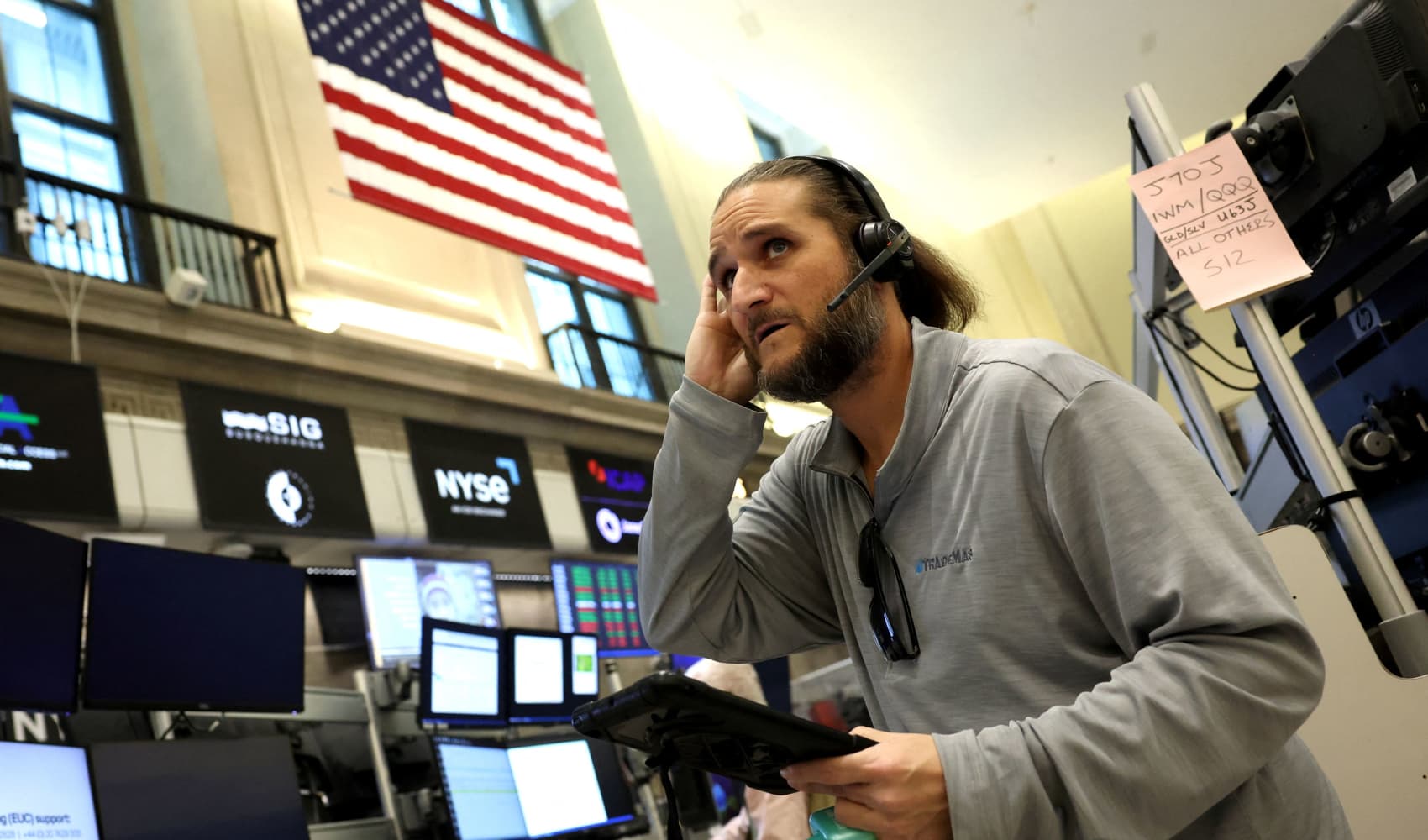
Americans are set to celebrate the July 4 holiday on Monday — and Covid's BA.5 omicron subvariant could be an unwelcome guest at parties across the country.
The new subvariant is already rapidly circulating: During the week ending on June 25, BA.5 accounted for 36.6% of the country's reported Covid cases, according to the Centers for Disease Control and Prevention. It'll likely become dominant nationwide over the next few weeks, says Jennifer Lighter, a hospital epidemiologist at NYU Langone Health.
"BA.5 is the most transmissible Covid strain we've ever seen," Lighter tells CNBC Make It. "Omicron was very transmissible, and this is multiple times more transmissible than the original strains of omicron."
In June, an analysis conducted by the U.K.'s Health Security Agency suggested that BA.5 is growing 35.1% faster than BA.2. Lighter says BA.5 may also cause more severe illness than previous subvariants of omicron, though this has yet to be backed up with concrete data.
Get top local stories in DFW delivered to you every morning. Sign up for NBC DFW's News Headlines newsletter.
"Not only is BA.5 the most transmissible, it has the most immune invasion as well. So, you're afforded not much protection from prior infection," she explains.
BA.5's presence in the country means that it could potentially — even probably — surface at your upcoming July 4 cookouts and family gatherings, especially if you're spending time with people indoors. You might not even be protected if you've recently recovered from Covid: The subvariant could be responsible for a recent phenomenon where people who've just recovered are quickly getting sick again.
ABC talk show host Jimmy Kimmel, for example, has publicly spoken about his experience contracting Covid twice in the month of May alone. Kimmel, who is fully vaccinated and boosted, reported mild conditions and is back on television after testing negative post-infections — but even mild symptoms can still make you feel sick for multiple days at a time.
Money Report
So, how can you stay safe and virus-free this holiday weekend and beyond? Lighter says the best and easiest way is to remain up-to-date with your Covid vaccinations and boosters: They'll reduce your chances of getting sick, and practically eliminate your odds of severe illness and hospitalization even if you do get sick.
"People [who] are vaccinated are significantly protected against severe disease, and they should pretty much live their lives," Lighter says. "People that are not vaccinated ... will repeatedly get Covid infections."
Living your life, of course, has a caveat: Even if you're likely to survive a Covid infection with minimal fuss, you could run the risk of passing the virus to a more vulnerable person. If you plan to be around elderly, immunocompromised or unvaccinated people over the July 4 weekend, Lighter says, consider taking an at-home rapid test — even if you're not feeling any symptoms.
Lighter does specifically recommend against close contact with unvaccinated people, if possible — noting that their presence at gatherings makes it much more likely for you to contract and spread the virus.
"What's important is that everyone in your home gets vaccinated, because most transmissions happen in the home," she says.
Outdoor settings remain safer than indoor gatherings, from a Covid transmission standpoint. If you're immunocompromised yourself, Lighter adds, wear a face mask indoors or in a particularly crowded outdoor area.
The CDC also recommends checking its county Covid risk tracker, which gives different travel and masking recommendations depending on your locality's risk level. Consider checking both your current location and the location of your holiday gathering, if you're crossing county lines to do so.
Sign up now: Get smarter about your money and career with our weekly newsletter
Don't miss:
- 8 things you can do this July Fourth to help prevent a post-holiday Covid-19 spike
- This map shows how much a backyard barbecue costs in every US state






